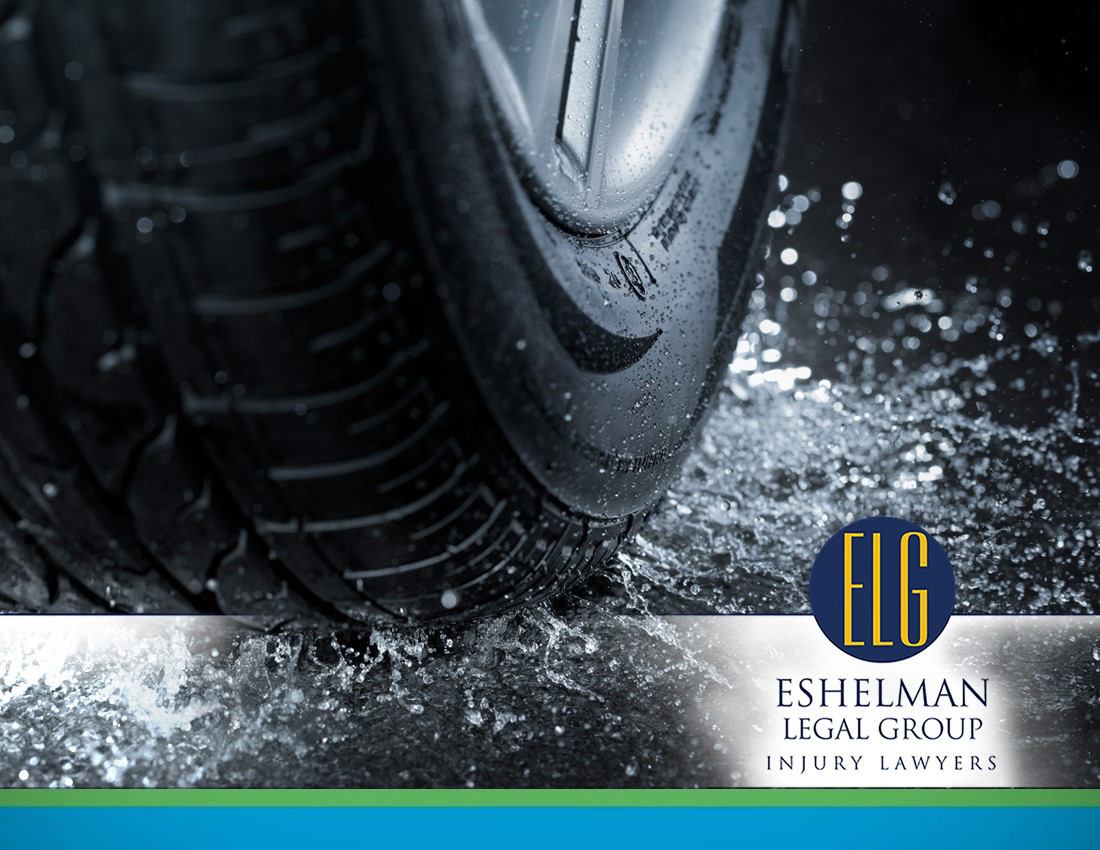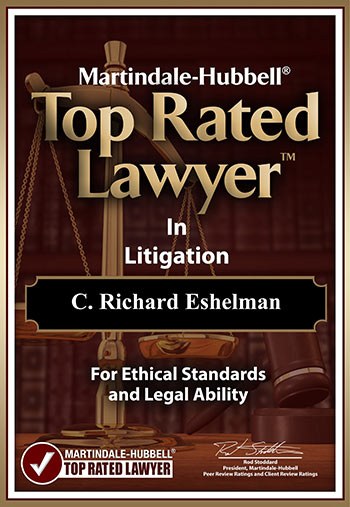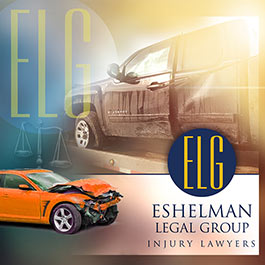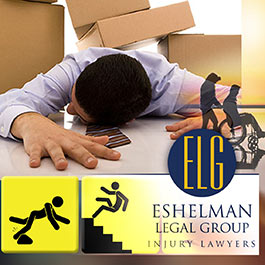
Tire Safety
In 2017, the National Highway Traffic Safety Administration reported nearly 740 tire-related fatalities in the United States.
Whether you drive on four wheels or two, the importance of good tires cannot be emphasized enough. Your tires are what stands between the road and the safety of you and your family. What does this really mean? Let’s take a closer look.
First, consider choosing the right kind of tire. Driving on a tire that is designed for certain conditions can assist in faster stopping times and possibly preventing an accident. For example, tires designed for winter weather conditions are designed with special tread compounds that allow the tire to maintain flexibility in lower or cooler temperatures. These tires have deeper treads, allowing the tire to wick away moisture and push the snow away from your tire – which allows the tire to maintain its traction on the road. Likewise, tires designed for summer driving are comprised of compounds meant for warmer weather and dryer conditions. Although summer performance tires provide great road grip, they can perform less than optimally in inclement weather such as rain. That brings us to the all-season or all-weather tires. These tires work in a range of weather conditions, but they do not perform well in weather extremes such as intense heat or extreme cold. The bottom line is to select tires that will perform optimally in the area you live, understanding that you may need to select both winter and summer tires if you live in areas of extreme weather.
Secondly, you will want to pay attention to the age and wear of your tires. Older tires increase your risk of a blowout. Also, extreme heat can break down the rubber in the tire, eventually causing the steel belt to separate from the tread. The result is a tire that tears apart while the vehicle is in motion, causing the driver to lose control of the vehicle. You can check the age of your tire by finding the four-digit code located on the side of the tire. The first two numbers indicate the week the tire was produced and the last two numbers reflect the year. You will also want to periodically visually inspect your tires for any signs of cracks or bulges to the sidewall of the tire. If these conditions are present, replace the tire. If tire conditions, including tread, look fine, a good measure to remember for tire replacement is every six years. And do not forget about the spare tire. If unused, the six-year rule also applies to this tire.
Finally, we will look at tire maintenance. Taking care of your tires will ensure optimal performance over the life of the tire and help to keep you and your family safe. Over time, tires lose air pressure – significantly impacting the handling and performance of your tire. All vehicles built after 2007 are standardized with a warning system to alert the driver when tire pressure is low. However, it is good practice to check your tire pressure every couple of weeks to ensure proper inflation. The recommended pressure can be located on the manufacturer’s sticker on the driver’s side door frame.
Tire rotation helps the tire wear evenly, which will maintain performance and increase their usable life. Many car manufacturers recommend rotating tires every 5,000 miles, and this is a standard service with most regular oil changes. Also important to consider is that many tire warranties are valid only if regular tire rotation can be proven. Tire alignment is often done with the tire rotation, but be sure to clarify at the time of your service call. When tires are out of alignment, the steering will be “off”. You may notice a slight wobbling of the steering wheel. Even a minor automobile accident or hitting a pothole a certain way can cause tires to go out of alignment. All of these factors can interfere with how the vehicle handles, so be sure the alignment is included with your tire rotations or any time you feel the alignment has been compromised.
Tire safety is the responsibility of not only the manufacturer but also of the consumer. It is important to note that if the consumer is in an accident due to tire malfunction, and the consumer can prove that proper and regular maintenance has been completed, then the manufacturer may carry the ultimate responsibility of the accident.
Call: 1-800-365-0001
The Eshelman Legal Group
The attorneys at the Eshelman Legal Group understand that no matter how cautious you are, others may not be so careful, and accidents do happen. So we hope you don’t need to, but if you are in a situation where you need the advice of an personal injury attorney, the Eshelman Legal Group is here to help you. For over 40 years we have been assisting accident victims, and we are here to assist you too... because “We’ll make things right.”
Ask yourself this question… who does the adjuster work for? The adjuster works for the insurance company, they do not work for you.
In all matters involving personal injury it is essential that measures be taken promptly to preserve evidence, investigate the accident in question, and file a lawsuit prior to the deadline imposed by the Statute of Limitations. If you or a loved one is a victim of personal injuries, call Eshelman Legal Group LLC, now at 1-800-365-0001. The initial consultation is free of charge, and if we agree to accept your case, we will work on a Contingent Fee basis, which means we get paid for our services only if there is a monetary award or recovery of funds. Don’t delay! You may have a valid claim and be entitled to compensation for your injuries, but a lawsuit must be filed before the statute of limitations expires. The above is not legal advice. That can only come from a qualified attorney who is familiar with all the facts and circumstances of a particular, specific case and the relevant law. See Terms of Use.





